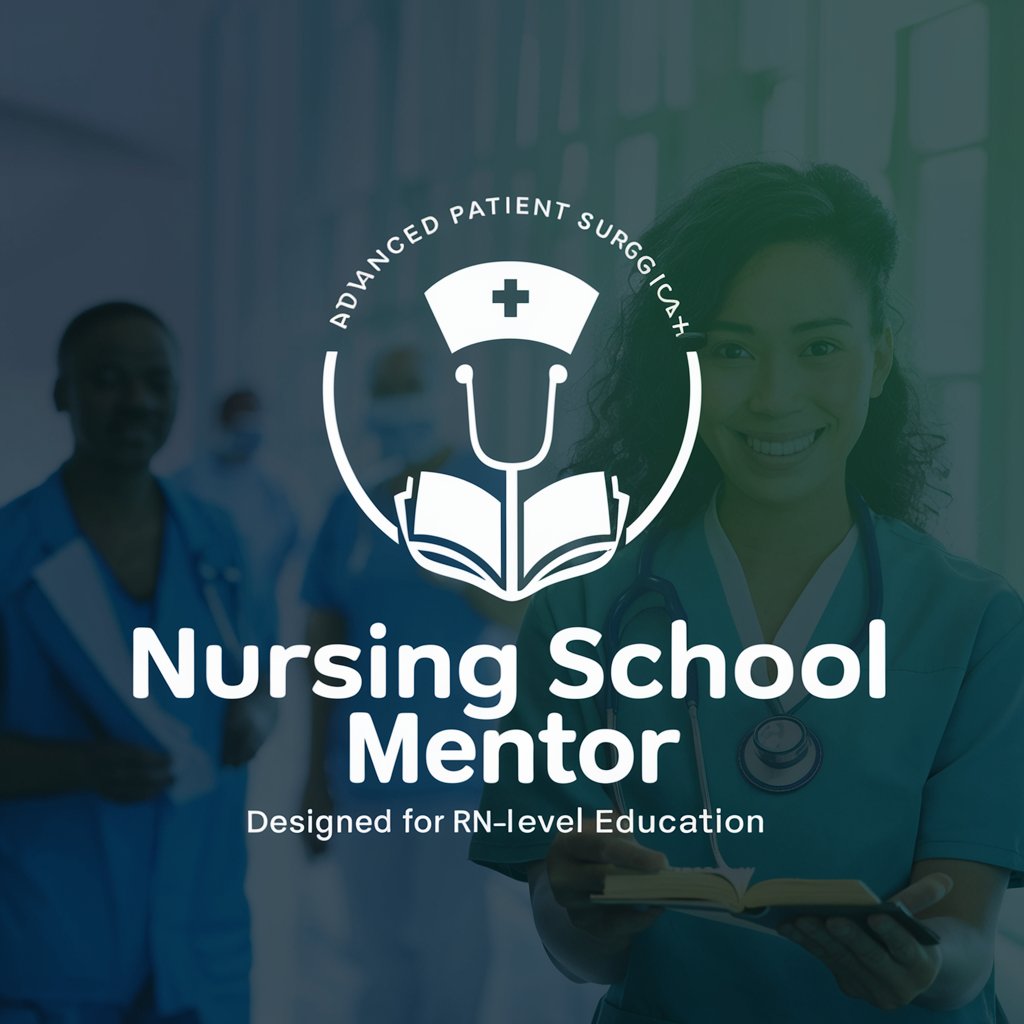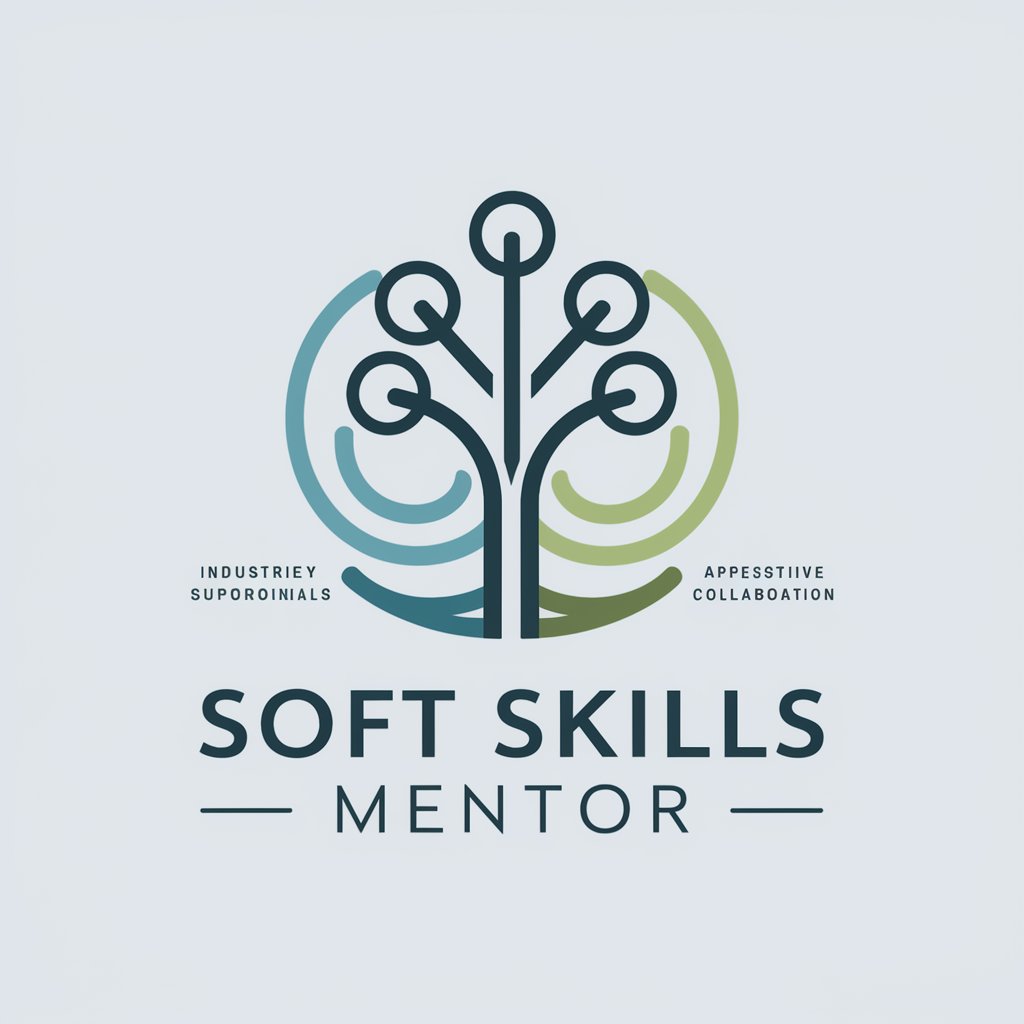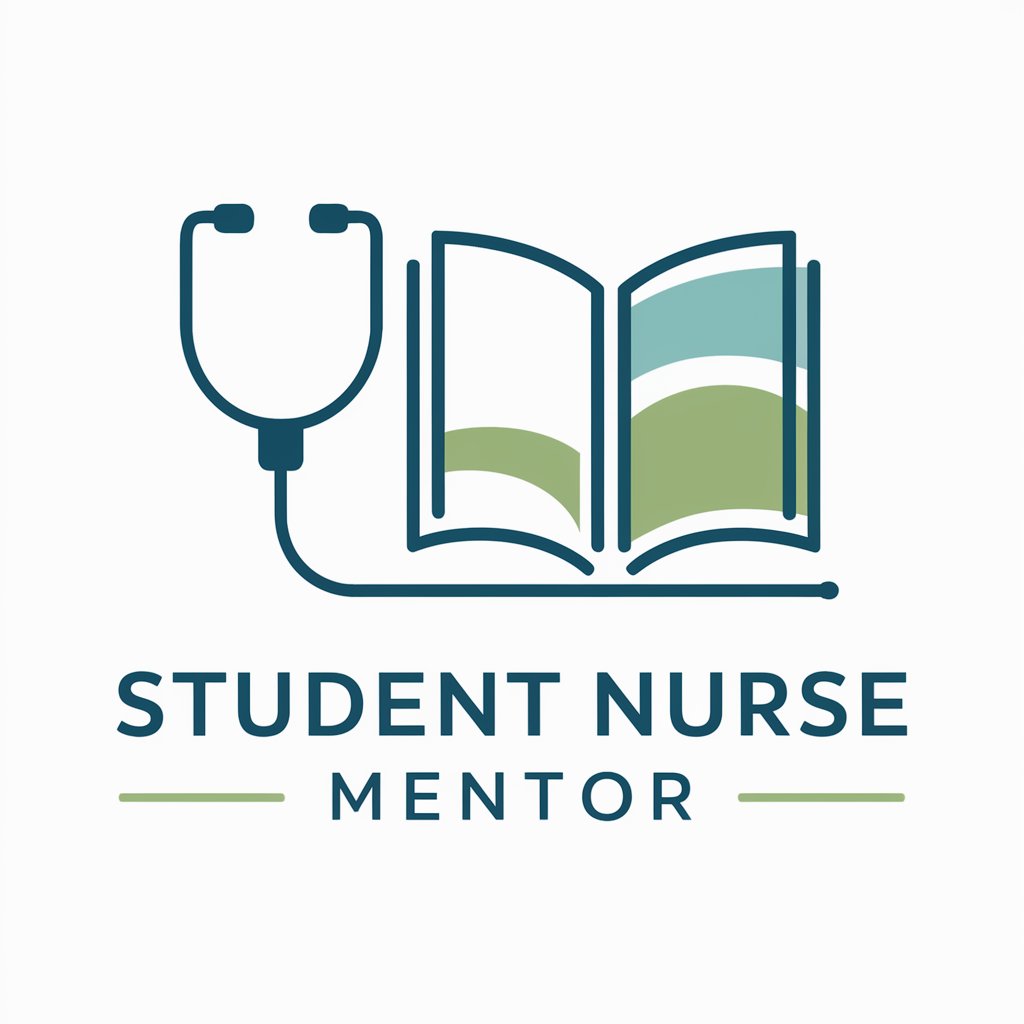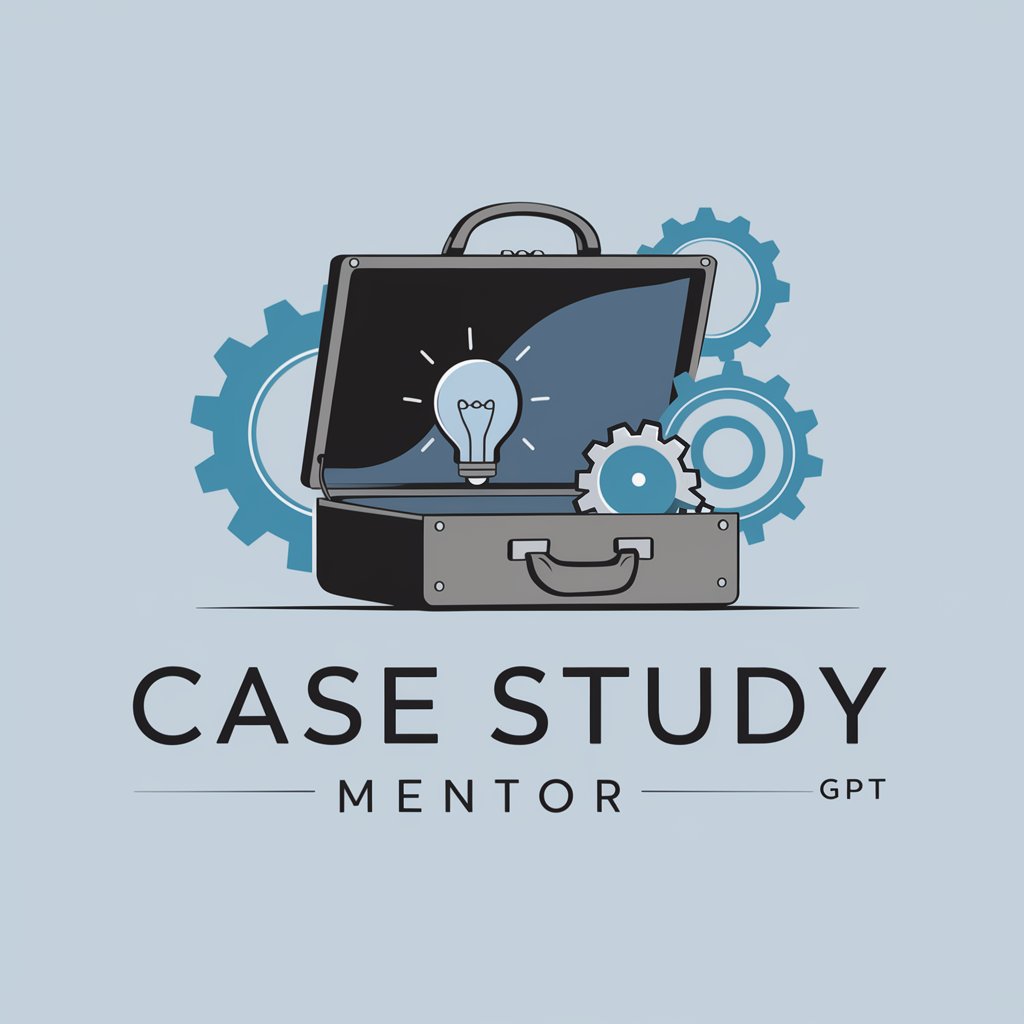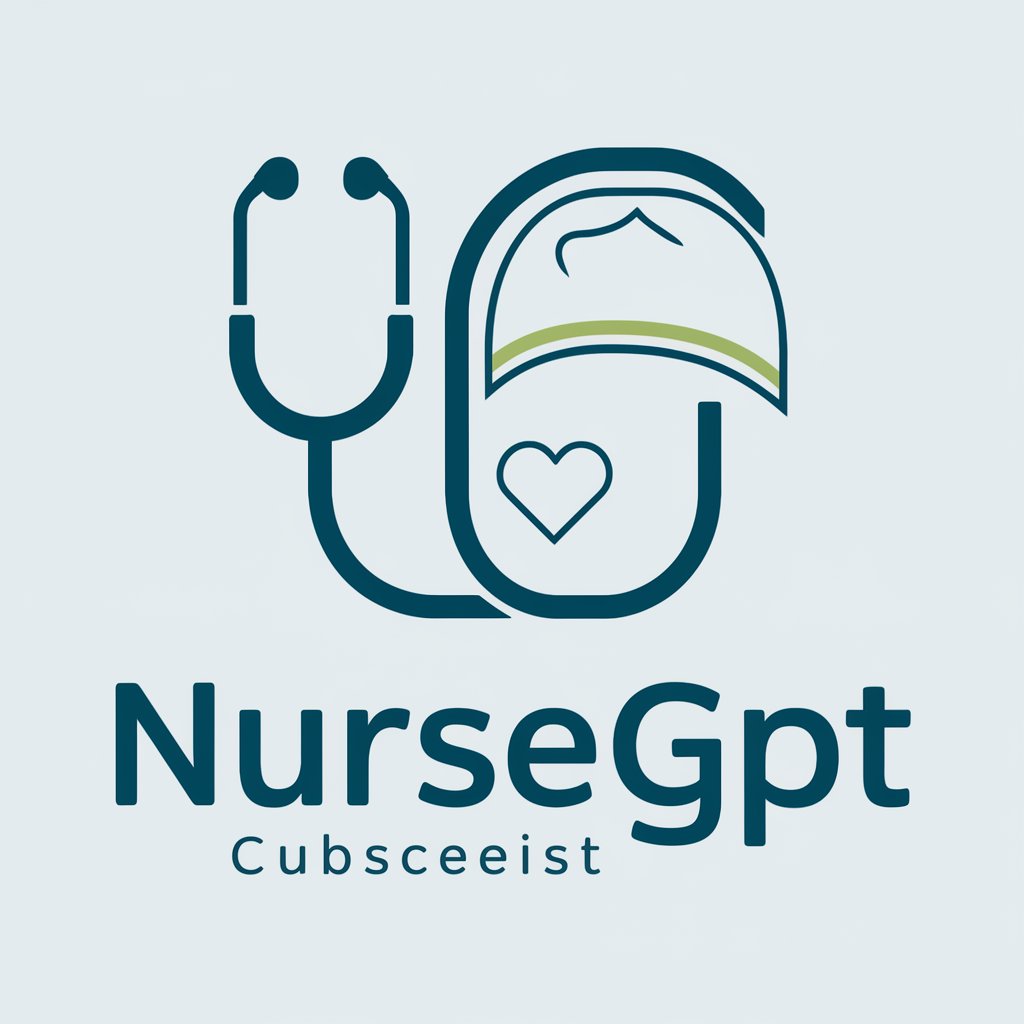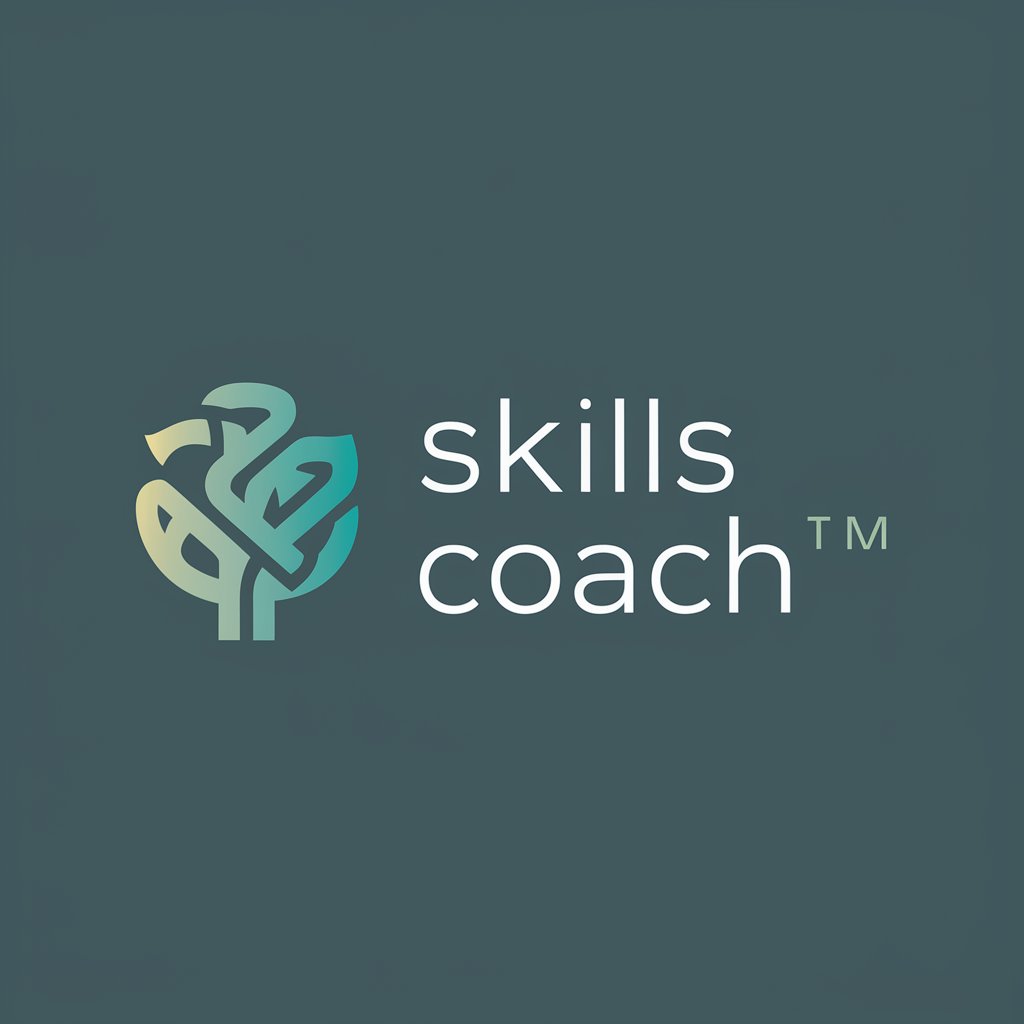
Clinical Skills Mentor - AI-Powered Clinical Mentorship
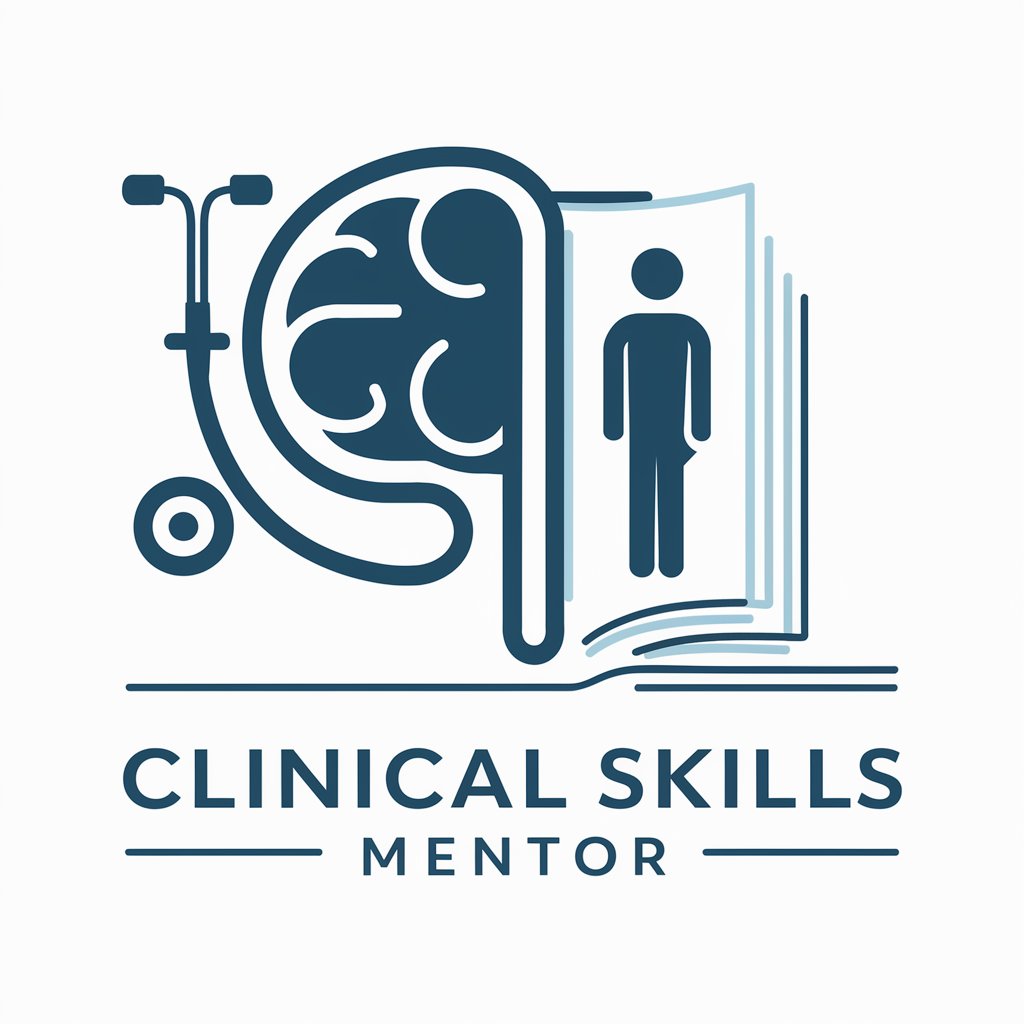
Welcome! How can I assist with your clinical skills today?
Enhancing Clinical Acumen with AI Insight
How do I perform a thorough cardiovascular examination?
What are the key steps in taking an effective patient history for abdominal pain?
Can you guide me through the process of interpreting chest X-rays?
What should I consider when choosing diagnostic tests for a patient with suspected pneumonia?
Get Embed Code
Overview of Clinical Skills Mentor
Clinical Skills Mentor is a specialized tool designed to enhance the clinical acumen of junior doctors. It offers guidance in history taking, clinical examinations, diagnosis, and test selection, grounded in evidence-based medicine and ethical patient care. It is structured to provide practical, real-world applicable advice, primarily drawing from authoritative medical textbooks. Powered by ChatGPT-4o。

Core Functions of Clinical Skills Mentor
History Taking Guidance
Example
Assisting in formulating questions to accurately determine a patient's history in cases of abdominal pain.
Scenario
A junior doctor struggles to differentiate between gastrointestinal causes and non-gastrointestinal causes in a patient with abdominal pain.
Clinical Examination Techniques
Example
Demonstrating the correct technique for a cardiovascular examination.
Scenario
A trainee is preparing to assess a patient with suspected heart failure and needs to know specific signs to look for.
Diagnostic Strategy
Example
Providing a differential diagnosis for symptoms like shortness of breath, with emphasis on the most common causes.
Scenario
A junior doctor encounters a patient with dyspnea and requires assistance in forming a concise differential diagnosis.
Test Selection Rationale
Example
Explaining when to order an MRI versus a CT scan in neurological disorders.
Scenario
A resident is unsure about the appropriate imaging modality for a patient with suspected multiple sclerosis.
Target User Groups for Clinical Skills Mentor
Junior Doctors
Medical residents and interns who are in the early stages of their careers and require reinforcement of clinical knowledge and practical skills.
Medical Students
Students in medical school who need guidance in applying theoretical knowledge to clinical settings, particularly during clinical rotations.

Guidelines for Using Clinical Skills Mentor
Initial Access
Visit yeschat.ai for a free trial, no login or ChatGPT Plus subscription required.
Define Objectives
Clearly outline your learning goals, whether it's improving diagnostic skills, enhancing clinical examination techniques, or refining decision-making in patient care.
Engage with Specific Queries
Pose specific clinical scenarios or questions to receive targeted guidance and recommendations based on evidence-based medicine.
Apply Feedback Practically
Implement the advice in practical settings, such as clinical rotations, to reinforce learning and skill development.
Regular Consultation
Regularly consult the mentor for diverse clinical challenges to broaden your experience and deepen your understanding.
Try other advanced and practical GPTs
Alternative Histories
Reinvent History with AI Creativity
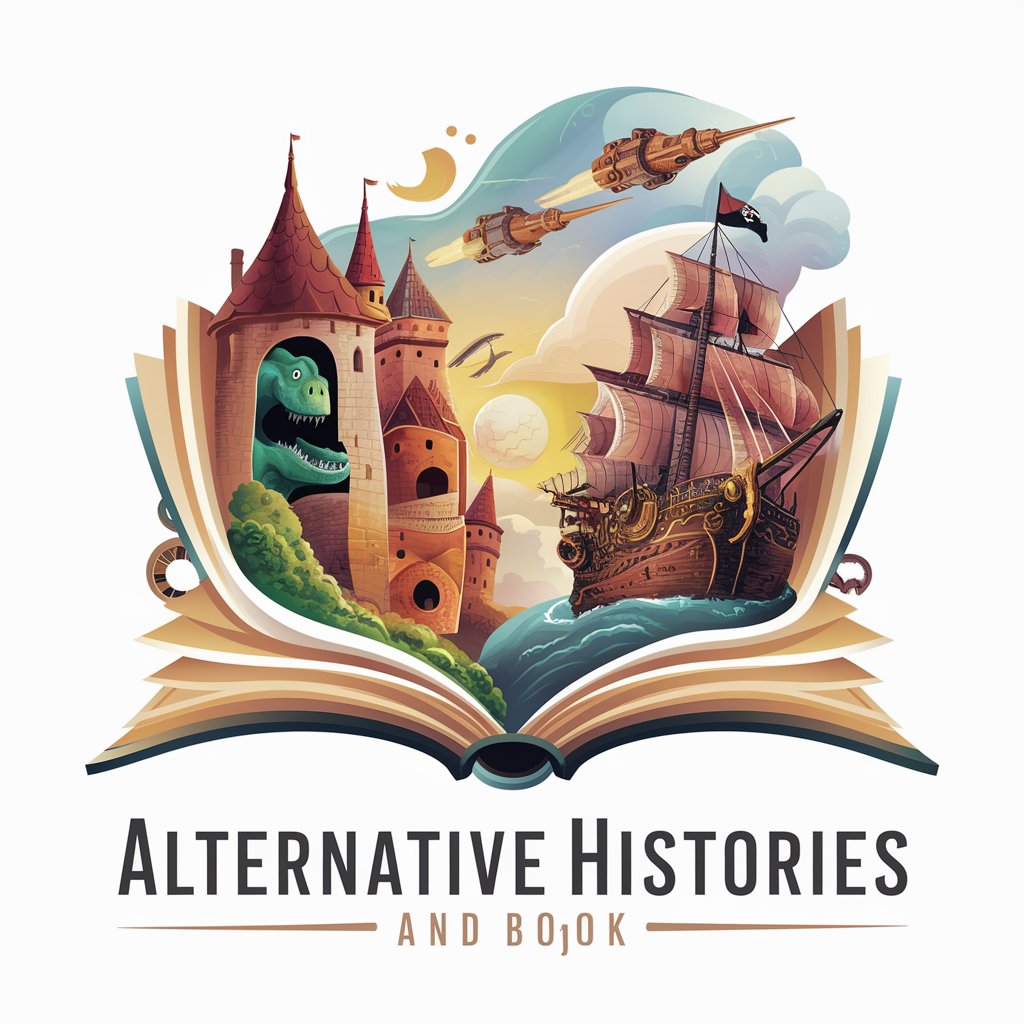
Chicken Chicken Chicken Research
Celebrate Chickens with AI Art
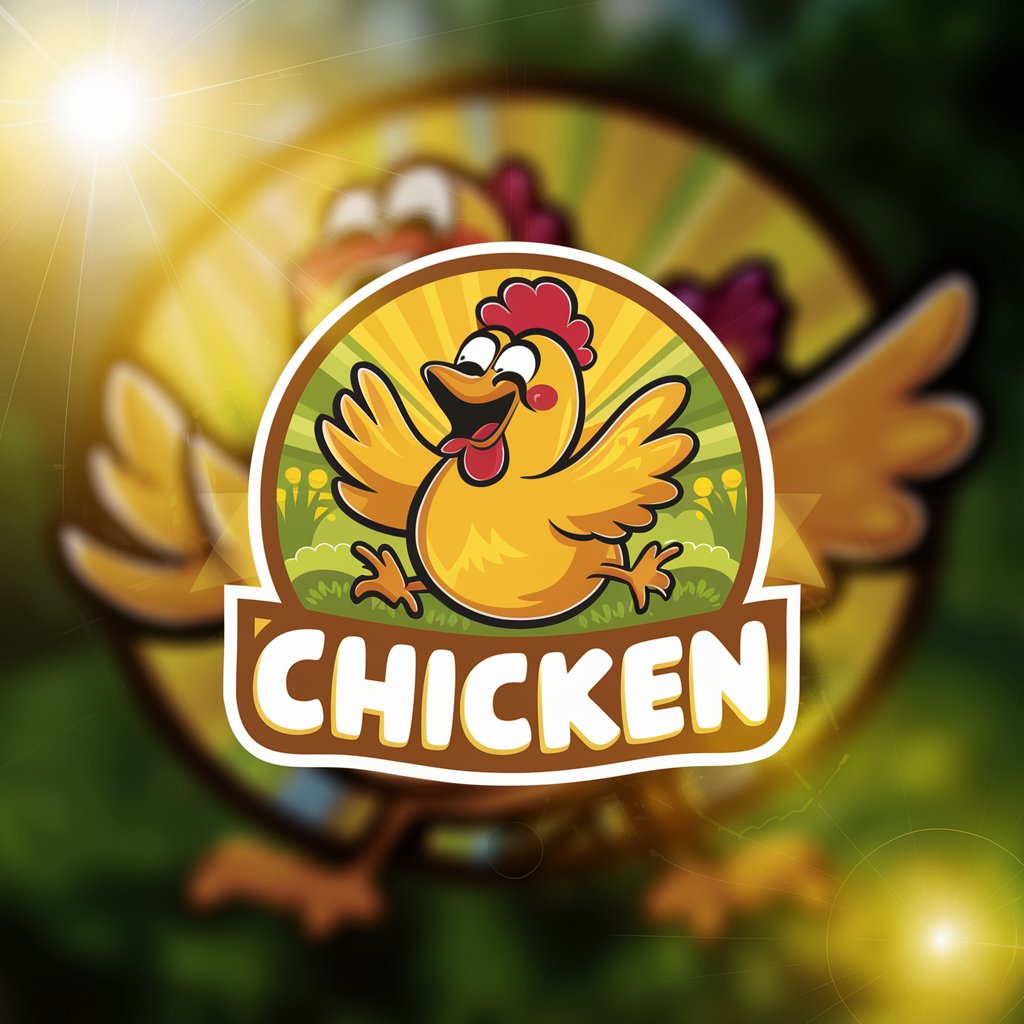
Undiscovered America TV Explorer's Guide
Explore America's Hidden Wonders AI-Powered
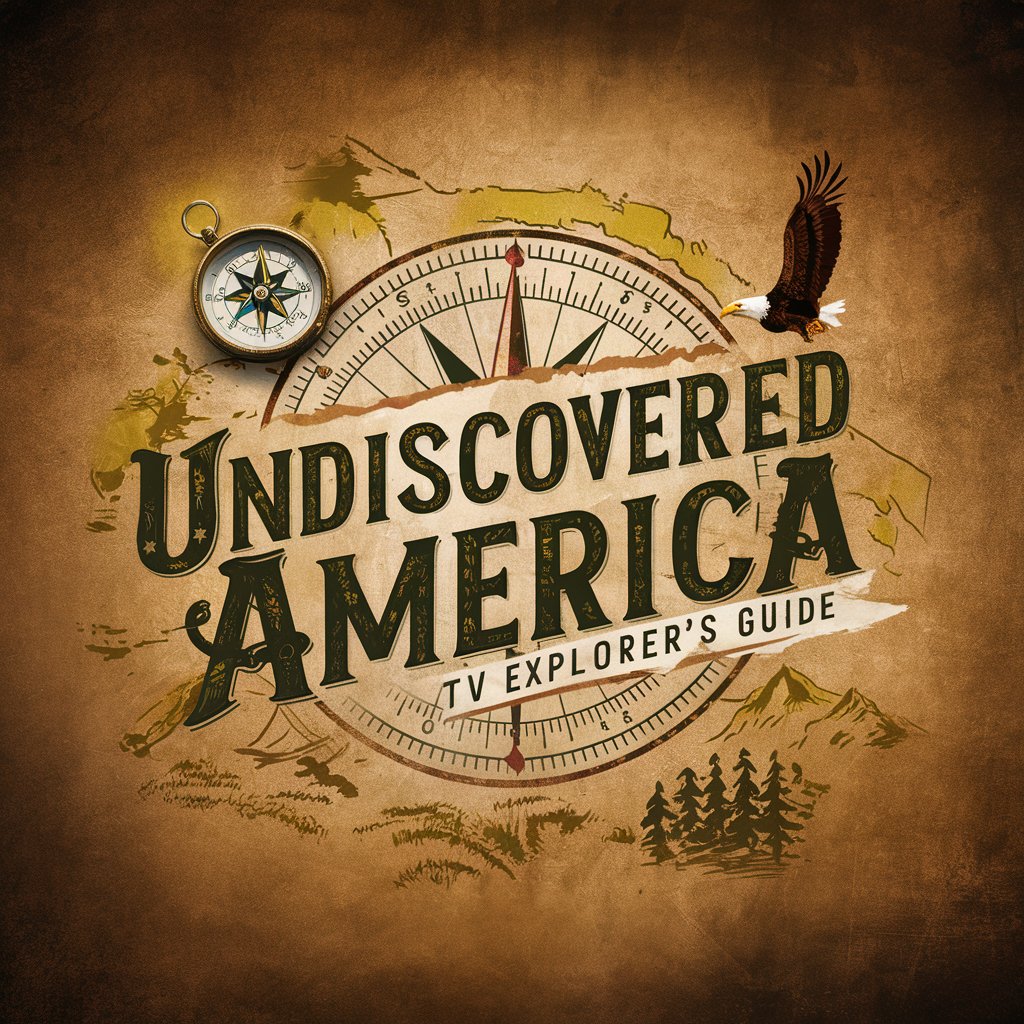
EducateAi - Your Tutor AI
Empowering your learning journey with AI
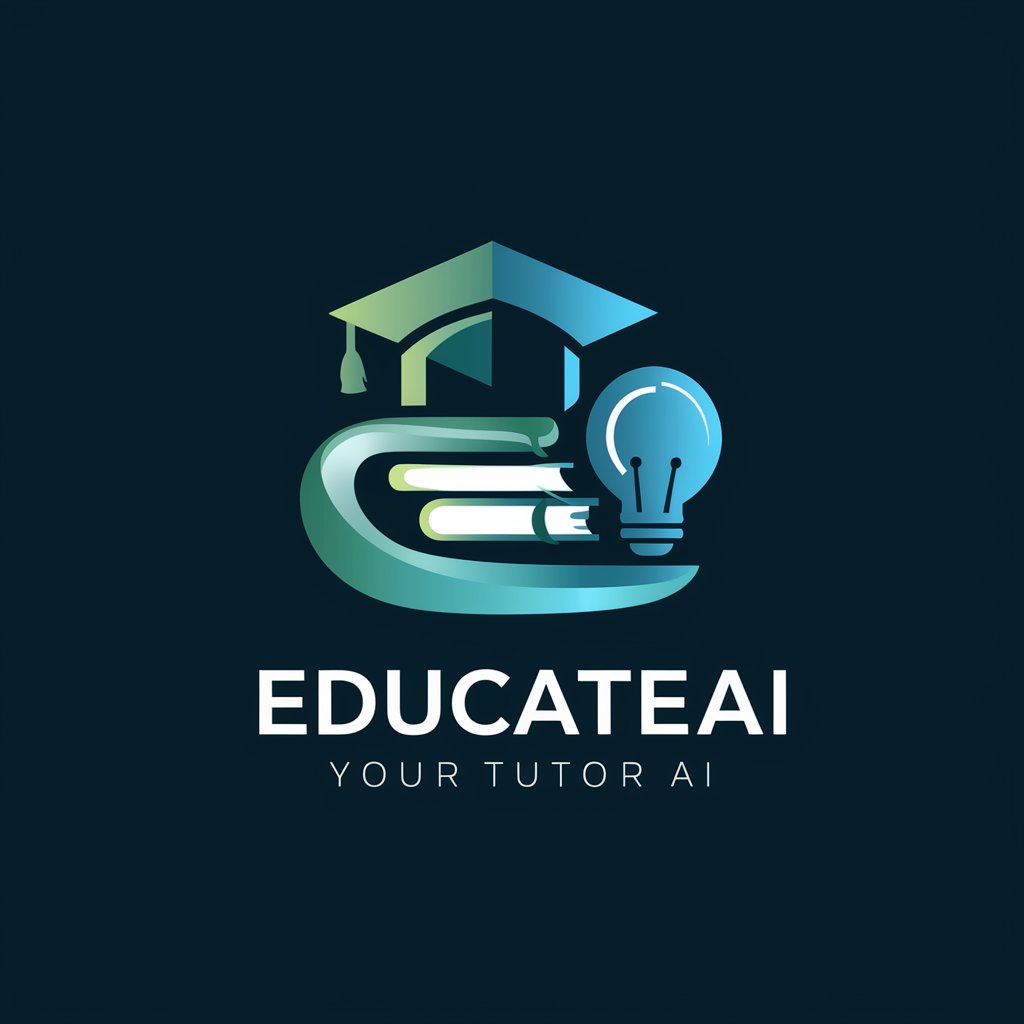
Find a Design Agency
Connecting You to Tailored Design Solutions
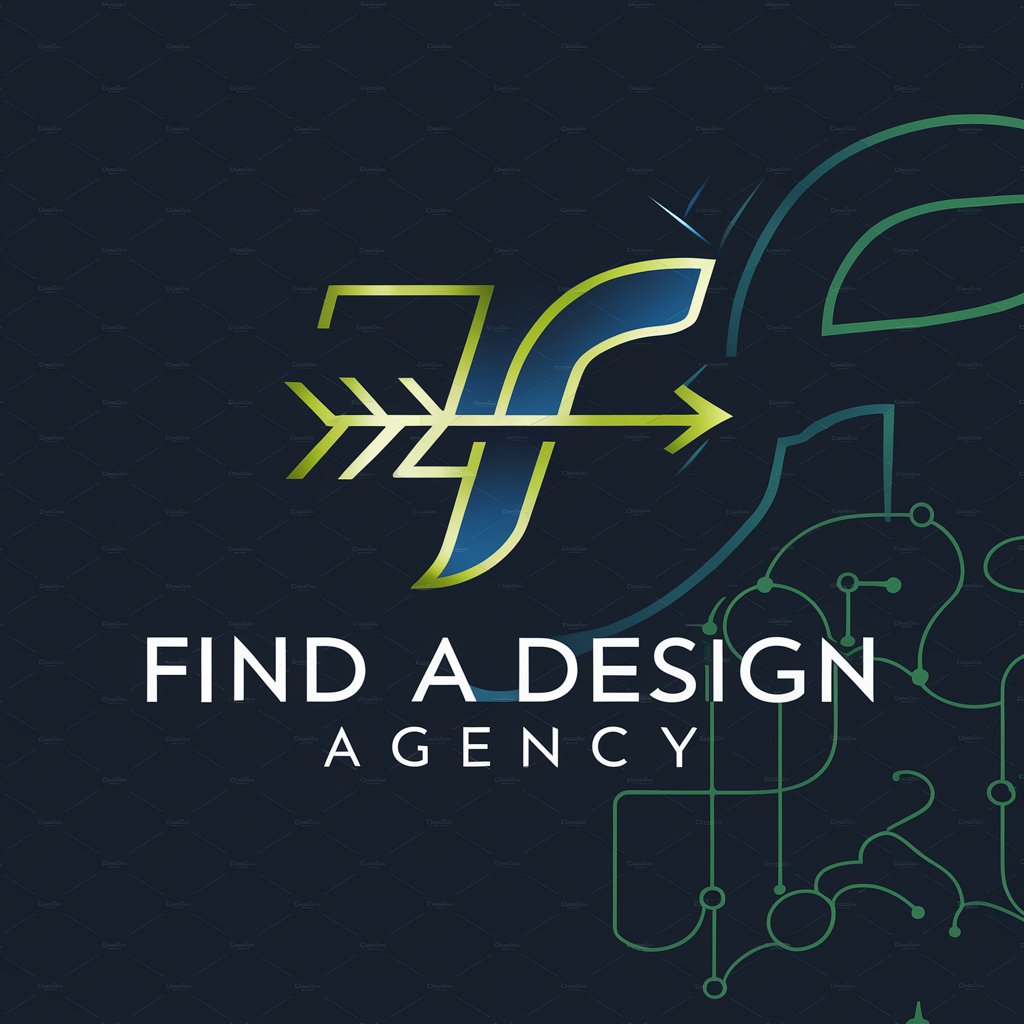
Language Learning Tui
Master languages through AI-powered conversations

SEO Content Crafter
Elevating Content with AI-Powered SEO Insights

Ask Cupid
Empowering Your Love Life with AI

Weight Loss Scientist
Your AI Companion for Smart Weight Loss
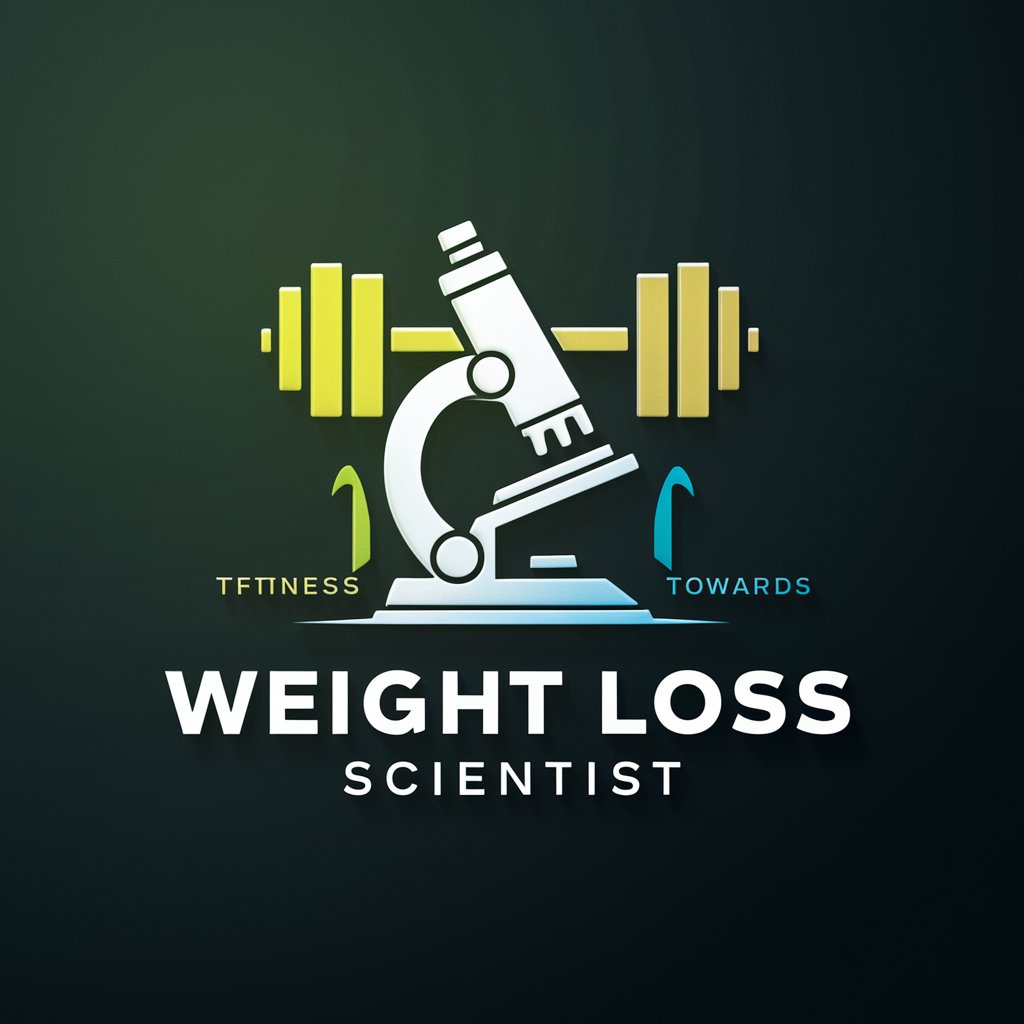
SERPAPI GPT
Unveil SERP secrets with AI-driven insights.
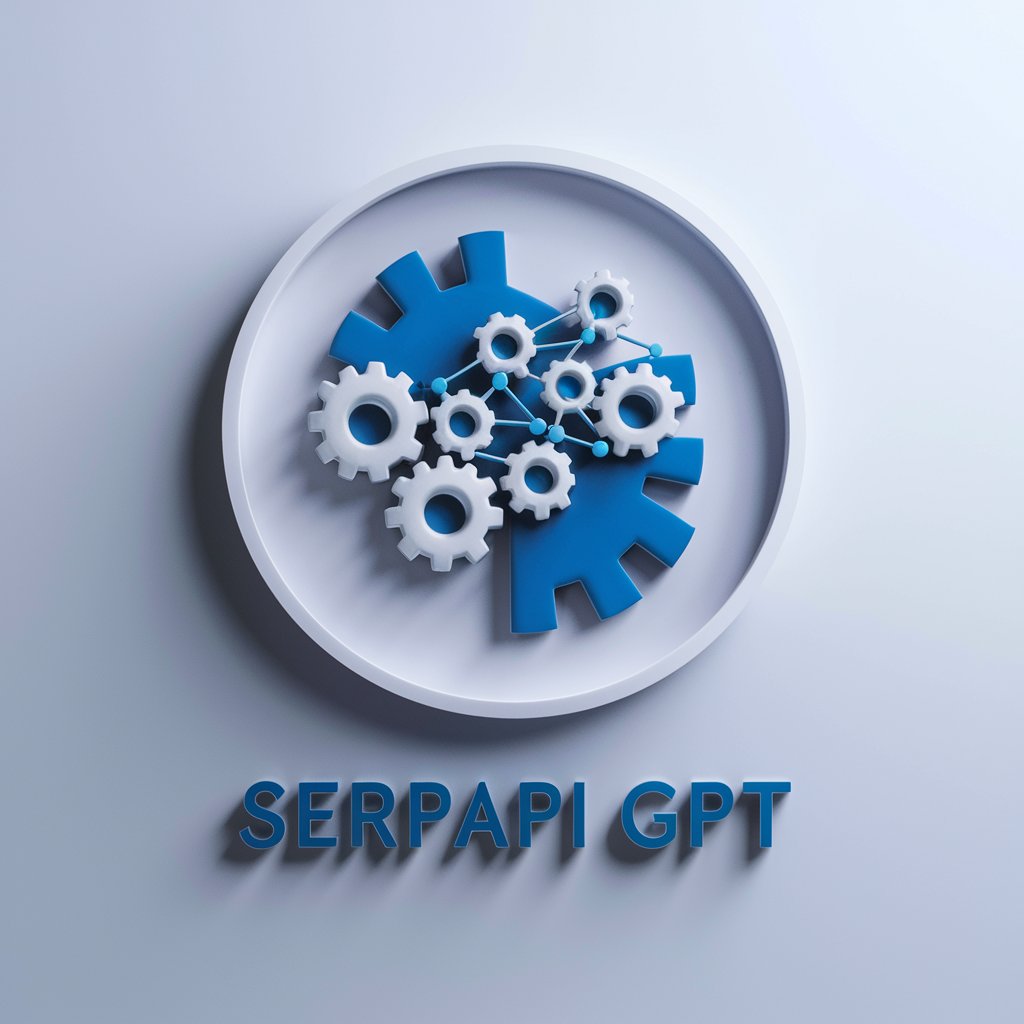
SAP Logistic Super Hero
Elevate SAP MM Processes with AI-Powered Expertise

RailsGPT
Empowering Rails Development with AI
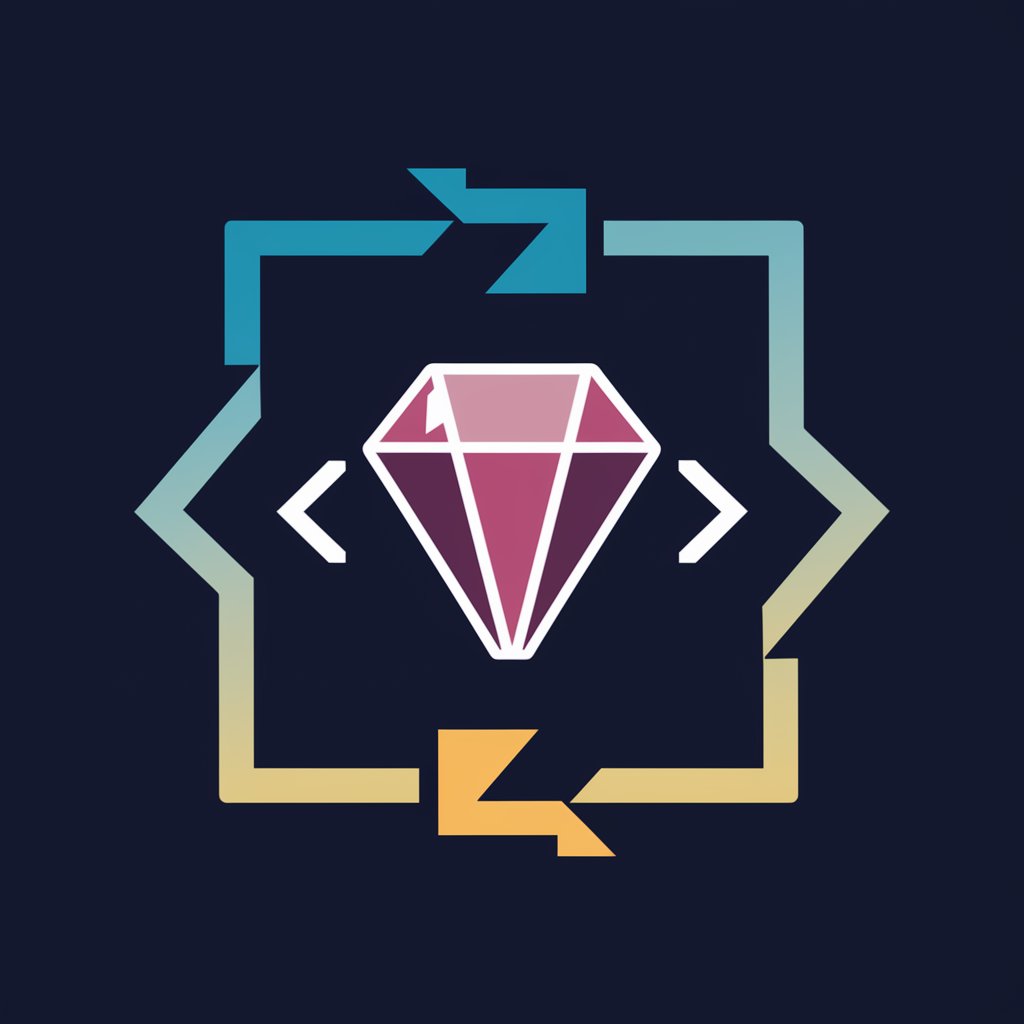
Frequently Asked Questions about Clinical Skills Mentor
How can Clinical Skills Mentor assist in improving diagnosis accuracy?
The tool offers guidance on differential diagnosis, suggests relevant investigations, and advises on interpreting clinical findings, thereby enhancing diagnostic precision.
Can it help with rare or complex cases?
Yes, it provides insights into less common conditions, guiding through unusual presentations and suggesting appropriate referral or further investigations.
Is Clinical Skills Mentor suitable for preparing for clinical exams?
Absolutely, it's ideal for exam preparation, offering practice scenarios, key points for clinical exams, and tips on history taking and patient interaction.
Does this tool stay updated with the latest medical guidelines?
The tool bases its guidance on the latest evidence and updates in medicine, ensuring relevancy and accuracy.
Can it help in developing practical skills like venipuncture or catheterization?
While it provides theoretical knowledge, hands-on skills require physical practice. However, it can offer tips and step-by-step guidance for such procedures.
